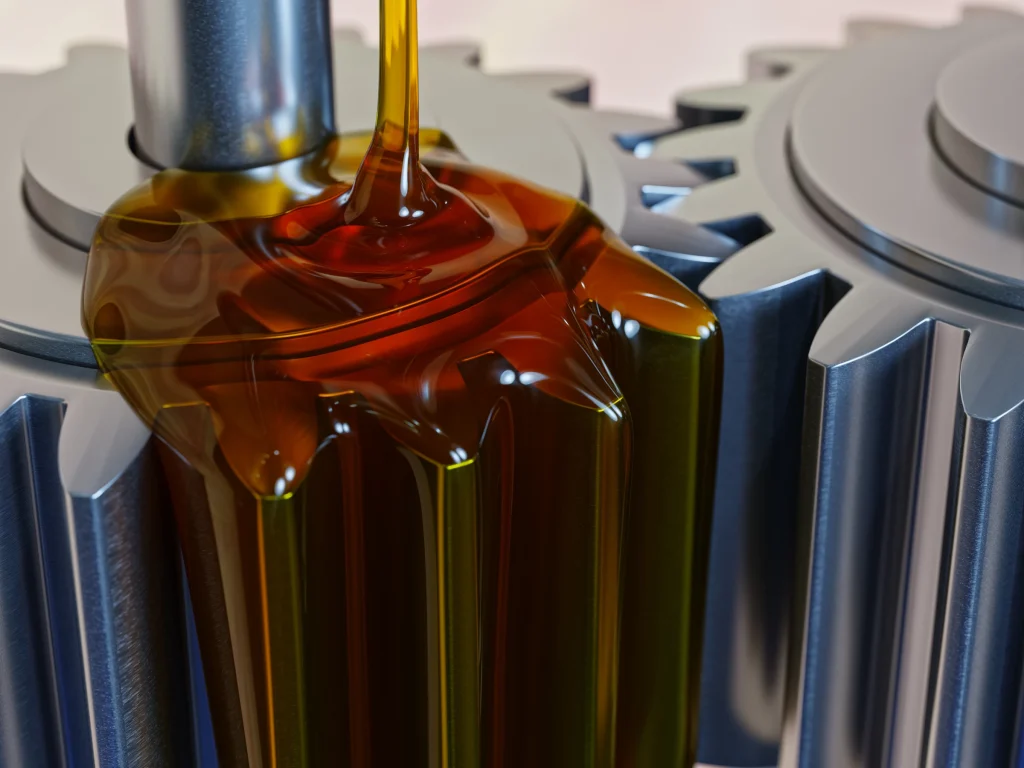Understanding the Value of PCBA in Modern Electronics
PCBA plays a crucial role in the performance and reliability of electronic devices across industries. It refers to the process of assembling all necessary electronic components onto a printed circuit board to create a fully functional assembly. High-quality pcba ensures optimal performance, long-term durability, and seamless integration with the end product. In today’s fast-paced technological world, manufacturers require not only precision but also efficient production methods to meet growing demand without compromising quality.
Delivering Accuracy with High-Precision PCBA
When it comes to advanced electronics manufacturing, precision is everything. High-precision PCBA involves the use of state-of-the-art equipment, advanced soldering techniques, and rigorous inspection procedures to ensure each assembly meets exact specifications. Every component must be placed with microscopic accuracy to ensure proper connectivity and performance. This level of detail is essential for products such as medical devices, aerospace systems, automotive electronics, and high-performance computing equipment. Manufacturers specializing in PCBA understand that even the smallest deviation can impact the final product’s reliability.
Full Process Support for Seamless Production
One of the main advantages of working with professional PCBA service providers is the availability of full process support. This covers every stage of the assembly, from design evaluation and component sourcing to assembly, testing, and packaging. Full process support ensures that potential design issues are identified early, which reduces costly errors and delays. By integrating every step into a smooth workflow, clients receive faster turnaround times, consistent quality, and better cost efficiency. With experienced engineers overseeing each phase, PCBA projects are completed with accuracy and confidence.
Advanced Technology in PCBA Production
The demand for compact, high-performance devices has driven innovations in PCBA technology. Today’s assembly lines use automated pick-and-place machines, high-speed soldering systems, and 3D optical inspection tools to achieve exceptional results. These technologies allow for precise placement of components, accurate soldering, and real-time quality control. Furthermore, advanced PCBA processes can handle both through-hole and surface-mount technologies, enabling manufacturers to create assemblies for a wide range of applications. The combination of skilled technicians and advanced machinery guarantees that the final assembly meets or exceeds industry standards.
Quality Assurance and Testing in PCBA Services
Reliable PCBA services incorporate thorough quality assurance measures to maintain high standards. Testing procedures such as functional testing, in-circuit testing, and automated optical inspection are implemented to detect any defects before shipment. These steps ensure that each board operates as intended and meets performance expectations. Rigorous testing is especially important in industries where safety and precision are non-negotiable. By adhering to strict quality protocols, PCBA providers deliver assemblies that consistently perform under demanding conditions.
The Benefits of Partnering with an Experienced PCBA Provider
Choosing the right PCBA partner can significantly impact the success of a project. Experienced providers offer not only technical expertise but also valuable guidance on design optimization and cost-effective manufacturing strategies. They work closely with clients to understand project requirements and deliver tailored solutions. With a reliable PCBA partner, businesses can focus on innovation while trusting that the assembly process is handled by professionals committed to excellence.
Future Trends Shaping the PCBA Industry
As technology continues to evolve, the PCBA industry is expected to adopt even more sophisticated manufacturing techniques. Emerging trends such as miniaturization, flexible circuit boards, and environmentally sustainable production methods are shaping the future of electronics assembly. Additionally, the integration of AI-driven inspection systems and IoT-enabled manufacturing tools will further improve efficiency, accuracy, and production speed. Staying ahead of these advancements ensures that PCBA providers can meet the needs of tomorrow’s markets.
Conclusion – Precision, Quality, and Full Support in PCBA
PCBA remains the backbone of modern electronics manufacturing. From high-precision assembly techniques to comprehensive process support, these services ensure that products meet strict performance and reliability standards. By combining advanced technology, skilled expertise, and thorough quality assurance, leading PCBA providers help businesses bring innovative products to market with confidence. Whether for small-scale prototypes or large-scale production, professional PCBA services offer the precision, efficiency, and dependability required in today’s competitive technology landscape.


